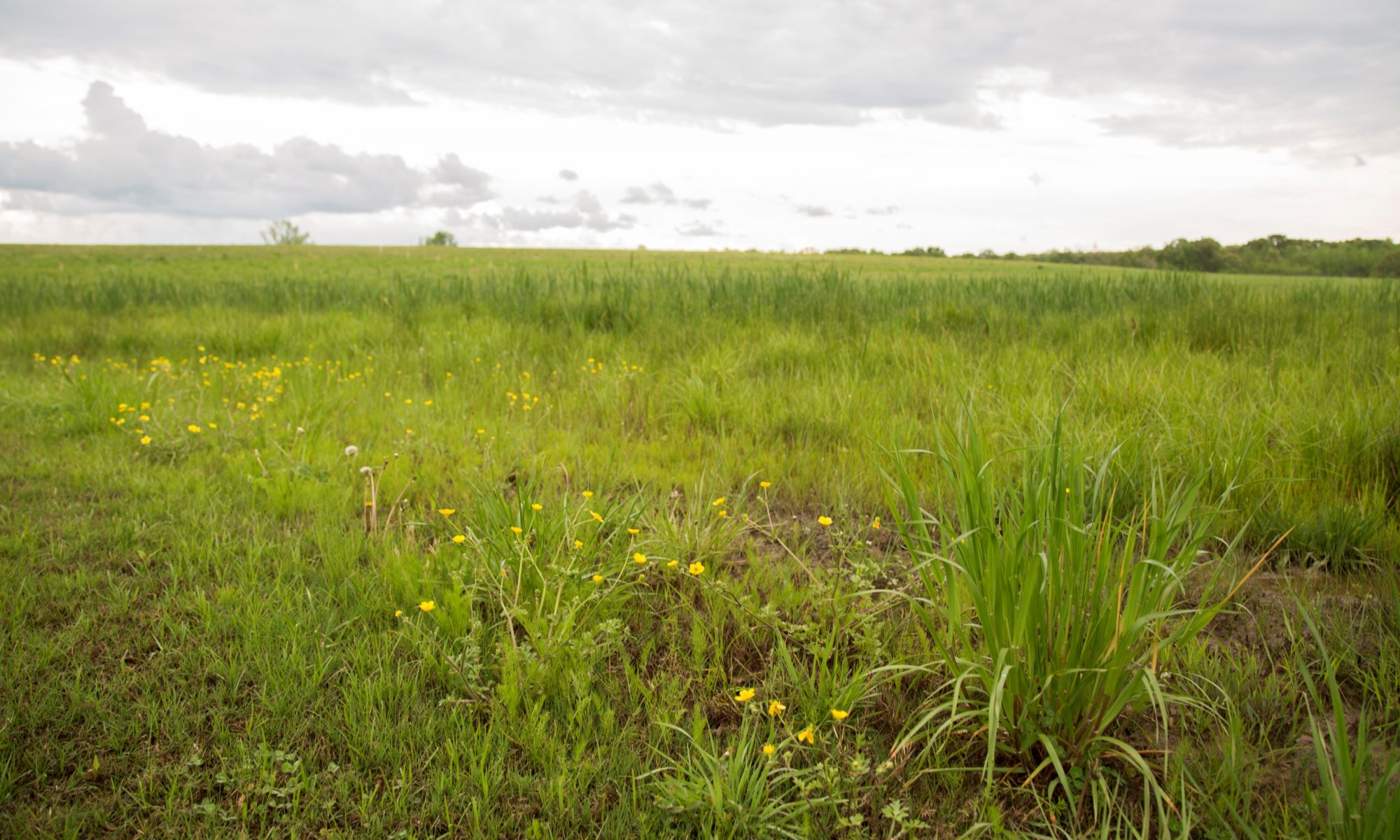
Grant Awarded by USDA to Expand America’s Climate-Smart Commodities
KNOXVILLE, Tenn. – As farmers across the U.S. look for ways to improve productivity amid a changing climate, the University of Tennessee Institute of Agriculture has received a $30 million grant to help grassland farmers enter the emerging carbon economy while enhancing productivity and ecological benefits. Funded by the U.S. Department of Agriculture, this project is one of 70 selected projects under the USDA’s first pool of the Partnerships for Climate-Smart Commodities, for which $2.8 billion has been allocated.
The project, “Climate-Smart Grasslands – the Root of Agricultural Carbon Markets,” focuses on a nine-state region that represents the core of grassland agriculture for the eastern U.S. The goal is to equip and empower grassland farmers to enter the carbon economy while enhancing operation resiliency and optimizing profitability, soil health and biodiversity.
Carrie Castille, senior vice chancellor and senior vice president of the UT Institute of Agriculture, commended the team involved in securing the grant, including the project’s lead, Patrick Keyser, director for the Center for Native Grasslands Management and professor in the UT Department of Forestry, Wildlife and Fisheries. “Our team is exceptionally well-equipped to manage this large-scale pilot project, which pulls from each of our mission areas: teaching, research and outreach. Our history of promoting key, science-based strategies and working in tandem with farmers is incredibly important to the future of agriculture across the nation.”
Grasslands are the single largest agricultural land use in the U.S. and agriculture’s largest and most effective carbon-storage system. Given the extent of this agroecosystem, grasslands offer the greatest opportunity to make a strong, positive impact on agriculture across the region and foster engagement in emerging carbon markets. Even modest changes in management practices can have a tremendous impact on soil carbon, greenhouse gas emissions and associated economic implications for producers.
“This grant from USDA is a great opportunity to contribute to improved management of our state’s and region’s grasslands, our pastures and hayfields,” says Keyser. “Just as importantly, it provides a path forward that can link our family farms throughout the Mid-South to emerging agricultural carbon markets. To me, that adds up to healthier grasslands and more profitable farms.”
Keyser’s team, with members from UT Extension and UT AgResearch, has built a diverse partnership of 28 entities across the eastern U.S. to collaborate with 245 working farms. These farm partners will play a critical role in the success of the project by testing innovative grassland management strategies, providing an opportunity to validate the carbon and greenhouse gas benefits, and being the platform for aggressive outreach programs.
The team will also evaluate trade-offs for producers, the beef sector and national agricultural policy with respect to climate-smart farming, soil health, biodiversity conservation and a productive beef sector. This information will be used to empower farmers and downstream elements of the beef value chain and allied industries to engage in carbon exchanges and foster market opportunities within the retail sector.
The University of Tennessee is the lead partner on this project. Other partners include the University of Arkansas, Alabama Cooperative Extension, University of Kentucky, University of Missouri, Clemson University, North Carolina State University, Purdue University, Tennessee State University, Virginia State University, Virginia Tech, Tyson Foods, Inc., JBS Foods, Corteva, Farm Credit Mid-America, Ecosystem Services Marketing Consortium, American Forage and Grassland Council, National Grazing Lands Coalition, National Cattlemen’s Beef Association, U.S. Roundtable for Sustainable Beef, multiple state cattle associations, American and Tennessee Farm Bureau Federations, The Nature Conservancy, American Bird Conservancy, Monarch Joint Venture, National Bobwhite Conservation Initiative, Tennessee Department of Agriculture, Missouri Department of Conservation and Virginia Department of Conservation and Recreation.
For more information about the USDA’s Partnerships for Climate-Smart Commodities, visit www.usda.gov/climate-solutions/climate-smart-commodities.
Through its land-grant mission of research, teaching and extension, the University of Tennessee Institute of Agriculture touches lives and provides Real. Life. Solutions. utia.tennessee.edu.